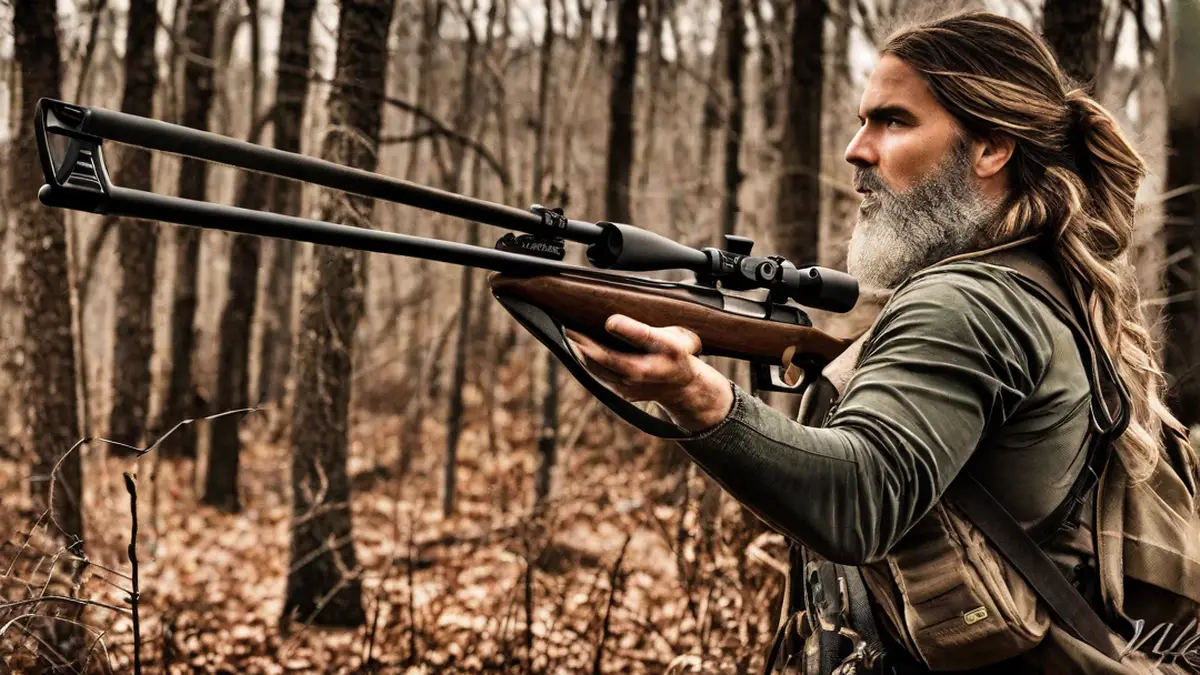As an avid outdoorsman and someone who appreciates the joy of hunting, I often get questions from fellow enthusiasts about various hunting regulations and restrictions. One question that frequently comes up is whether or not a felon can go bow hunting. It’s a complex topic that involves legal considerations and ethical considerations, so let’s dive deep into the details.
First and foremost, it’s important to note that hunting regulations can vary from state to state, so it’s crucial to understand the specific laws in your area. In general, though, felons are restricted from possessing firearms due to their criminal record. However, this does not mean that all forms of hunting are off-limits for them.
Bow hunting, which involves using a bow and arrow to pursue game, is often seen as a viable alternative for felons who are prohibited from possessing firearms. In fact, in many states, a felon can legally own a bow and participate in bow hunting activities. This provides them with an opportunity to connect with nature, improve their outdoor skills, and experience the thrill of the hunt.
One important aspect to consider is that even though a felon may be allowed to participate in bow hunting, they still need to obtain the necessary licenses and tags required by their state’s wildlife agency. These licenses and tags serve to regulate hunting activities and ensure the conservation of wildlife populations. It’s crucial to follow these regulations to not only stay within the legal boundaries but also contribute to the sustainability of our natural resources.
While the legality of felons going bow hunting may vary by jurisdiction, it’s also worth discussing the ethical considerations surrounding this topic. Some individuals argue that those who have demonstrated a lack of respect for the law by committing a felony should not be granted the privilege of hunting. They believe that hunting is a privilege that should only be extended to those who have shown a commitment to abiding by the laws and ethical standards of society.
On the other hand, there are those who believe in giving individuals a second chance and view bow hunting as a way for felons to rehabilitate themselves and find solace in the outdoors. They argue that hunting can teach valuable lessons about responsibility, patience, and respect for nature, which can be instrumental in the rehabilitation process.
Ultimately, whether a felon should be allowed to go bow hunting is a matter of personal opinion and societal values. It’s a complex issue that doesn’t have a clear-cut answer. However, it’s important for felons who are considering bow hunting to familiarize themselves with the specific laws in their state and adhere to all regulations and restrictions.
In conclusion, while felons may face restrictions in owning firearms, many states allow them to participate in bow hunting. However, it’s crucial to follow all applicable laws, obtain the necessary licenses and tags, and consider the ethical implications of granting this privilege to individuals with a criminal history. As with any outdoor activity, responsible and ethical behavior should always be a top priority.
